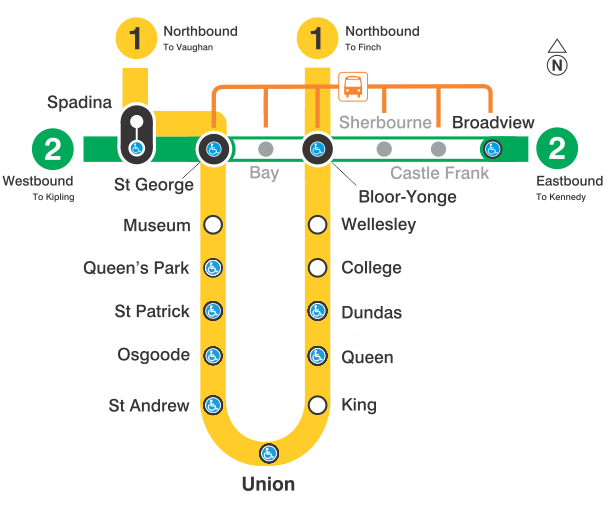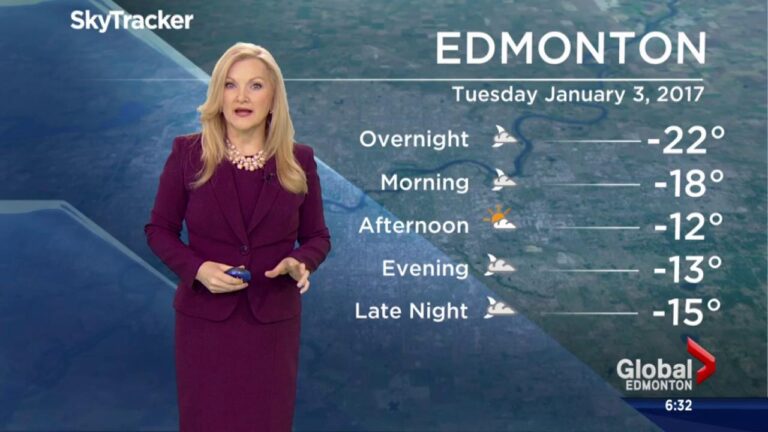
Introduction
The Toronto Transit Commission (TTC) plays a vital role in the daily lives of millions of Torontonians. However, recent closures have sparked concerns among commuters and residents alike. Understanding the reasons and implications of these closures is crucial for planning commutes and maintaining the flow of transportation in the city.
Details of Recent TTC Closures
As of October 2023, the TTC has announced several closures affecting multiple subway lines and streetcar routes. Major closures include sections of the Yonge-University subway line, specifically between King and Bloor stations on weekends, due to ongoing maintenance and upgrades. These works are part of the TTC’s commitment to improving transit safety and efficiency, as well as mitigating the impact of aging infrastructure.
In addition to subway closures, several streetcar routes are temporarily suspended due to construction projects and road repairs throughout Toronto. The most significant impacts are seen on routes affected by the city’s efforts to enhance road safety for pedestrians and cyclists as part of its Vision Zero initiative.
Impacts on the Community
The consequences of these closures are felt widely, affecting daily commuters, tourists, and businesses. Commuters are advised to factor in extra travel time, as diversions and rerouting can result in longer wait times and more crowded vehicles on remaining active routes. This disruption is not only inconvenient but can also impact business revenues in areas that rely on pedestrian traffic from transit users.
Public response has been mixed, with some commuters expressing frustration over the timing and duration of these closures, particularly as they coincide with the return of many employees to in-office workspaces this fall. However, many also recognize the necessity of maintaining infrastructure and improving service reliability in the long run.
Looking Forward
As the TTC continues to carry out its maintenance and improvement plans, stakeholders emphasize the importance of communication and transparency with the public. The TTC has promised to keep riders informed through ongoing updates on its website and social media platforms.
In conclusion, while TTC closures may present short-term challenges for commuters in Toronto, they are a critical part of a larger effort to ensure a safer and more reliable transit system. Riders are encouraged to stay up-to-date with service alerts and plan their journeys accordingly, as work is expected to continue into early 2024. The long-term benefits of these disruptions aim to enhance the overall transit experience for all users in the city.






